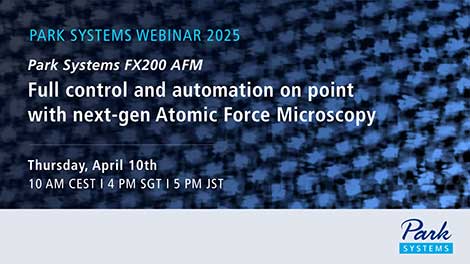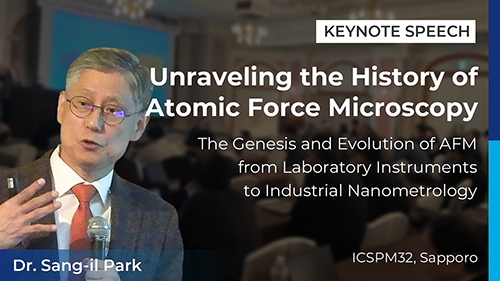SPEAKERS

-
Prof. Alexander McLeod
University of Minnesota Twin Cities
Dr. Alexander S. McLeod has pioneered the application of optical nano-probes and multi-messenger nano-imaging to explore inhomogeneous quantum matter, including correlated electron systems and van der Waals materials. His recent interests include harnessing hybrid excitations of light and matter – so-called polaritons – as real-space probes of electronic structure and tailoring nano-scale light-matter interactions to realize new states of matter. Previously, McLeod was a Director’s Postdoctoral Fellow with the Columbia Nano Initiative at Columbia University (2017-2021). He holds a BA in Physics and Astrophysics (2009) from the University of California Berkeley and a PhD in Physics (2017) from the University of California San Diego. Dr. McLeod has been an assistant professor of physics at the University of Minnesota Twin Cities since Fall 2021. In 2022 Dr. McLeod was awarded the Young Scientist Prize by the Institute for Pure and Applied Physics (IUPAP) for his advancements in imaging and manipulating quantum phases of matter at the nanoscale.
- Access Speaker Publications
SPEAKERS
-

- Prof. Alexander McLeod
- University of Minnesota Twin Cities
Authors
Toolsets wielded by condensed matter researchers in the past century have expanded enormously into frontiers of the ultra-small and ultra-fast, today leveraging advancements like atomically precise crystal growth, nano-scale device assembly, and femtosecond spectroscopy with ultrafast photon pulses. On the other hand, despite breathtaking 20th century advancements in photon sources and detection technologies, our capacity to resolve condensed matter by optical spectroscopies has remained largely arrested by the diffraction limit since its 19th century observation by Ernst Abbe. However, recent decades have seen the marriage of “conventional” optics with scanning probes to circumvent the diffraction limit, realizing a nanometer-resolved optical spectroscopy mediated fundamentally by electromagnetic near-fields.
In this seminar, I review and celebrate the breakthrough of this technique into the temperature and spatial scales relevant to fundamental studies of quantum materials. I showcase seminal investigations of collective excitations in 2-dimensional media like graphene, electronic phase competition in correlated electron solids including transition metal oxides, and on-demand control of optical properties in strongly interacting materials. I will share my perspectives for the future of nano-spectroscopy of quantum materials, a future that is simultaneously ultra-bright and ultra-small, and fundamentally transformative for the study of complex matter at nanometer scales.



